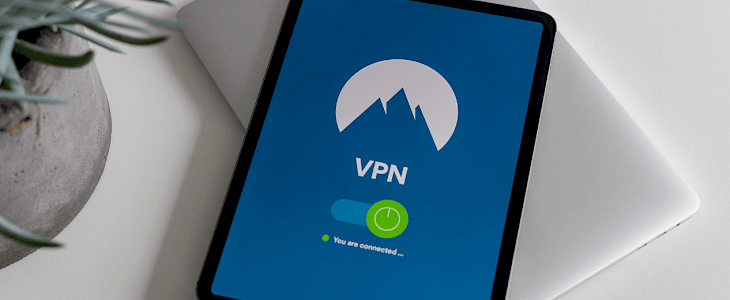
It's no surprise that the internet has taken the world by storm. People have switched their businesses to an online mode. Universities are offering online courses. Some of them are even taking online classes and conducting online examinations. Also, online shopping has become the biggest trend of the century. All thanks to the internet!
As amazing as the growing technology and the internet are, they have their disadvantages as well. They say the internet is a two-edged sword. On one hand, it provides you with sheer convenience and on the other hand, it has its compensation. Cybersecurity issues have become quite common these days. Many individuals are in a mess and businesses are at a loss because of cybersecurity issues. Data breaches are now more concerning than ever.
The worst part of the story is that one cannot leave the internet in this day and age, regardless of all its disadvantages. Thus, the only solution is to make some changes and secure the internet connection. Thankfully, it's more than possible. Here's what you need to do:
Use a VPN
First and foremost, you must download and install a VPN whenever browsing the internet. As you know, a lot of websites store your data and you never know what they do with it. After all, not all websites are credible. One way you can save yourself the trouble is by using a VPN.
There are plenty of VPNs available out there. You can use a VPN for chrome, Microsoft edge, or any other web browser that you use. For your smartphone, you can also download and install a free VPN and turn it on whenever browsing the internet or using applications that aren't very credible. A VPN will keep your IP address hidden, so no website will be able to keep a track of your data.
Limit Access to Your Wi-Fi Connection
The other thing that you need to do is limit access to your Wi-Fi connection. Though it may seem obvious, refrain from sharing your Wi-Fi password with people. When a lot of people have access to a Wi-Fi connection, the data becomes more and more vulnerable.
It is mainly why public internet connections are reported to be unsafe; therefore, to keep your internet secure, you must not share your Wi-Fi credentials with people. In case someone from the internet provider comes to repair or fix something, please know that they don't need your Wi-Fi credentials. You can check by yourself if the internet is working fine and let them know.
Switch On Your Router's Firewall
With the technology evolving, Wi-Fi routers are becoming better by the day. Many are now equipped with hardware-based firewalls that prevent unnecessary traffic on your internet connection. Now what you need to understand here is that firewalls are not switched on by default, it's something that you need to do on your own.
It's pretty simple to turn on your router's firewall. All you need to do is log into your router settings with your IP address and switch on the firewall option. It would be in the router's advanced setting with the name 'firewall toggle.' Though it may affect your internet's speed, so you can turn it off when downloading something or gaming.
Go for Wi-Fi Encryption
Many Wi-Fi routers offer encryption nowadays. You can log into your router's Wi-Fi settings with your IP address and turn on the encryption. You'll find your Wi-Fi login credentials written on the bottom of the router or somewhere on the side, depending on the model.
With Wi-Fi encryption on, your Wi-Fi will encrypt all the data sent and received between your device and your wireless channel. It will prevent eavesdropping issues, making it hard for anyone who tries to access your data without Wi-Fi credentials. One thing that you should know here is that it won't allow the Wi-Fi to automatically connect to your devices. Yes, with encryption turned on, you'll have to manually connect your device to the Wi-Fi whenever needed.
Create a Separate Network for Guests
Last but not least, I suggest you create a separate network for guests. Of course, you cannot say no to your guest who asks for your Wi-Fi credentials. It sounds rude but at the same time, you'll have to keep your internet security as well.
One way you can avoid such encounters and save yourself the trouble is by creating a separate network for guests. Many internet providers offer a guest connection option. It will allow you to set a separate password for the guest connection and using that, your guests would be able to use the internet without having access to the storage devices, printers, and shared folders.
The Takeaway
If you want to make your internet connection secure, the tips mentioned above are sure to help you out. In this day and age where data leaks have become common and hacking has become a trend, it's imperative to take such security measures. After all, your data online, if it gets leaked, can cause a lot of damage.





